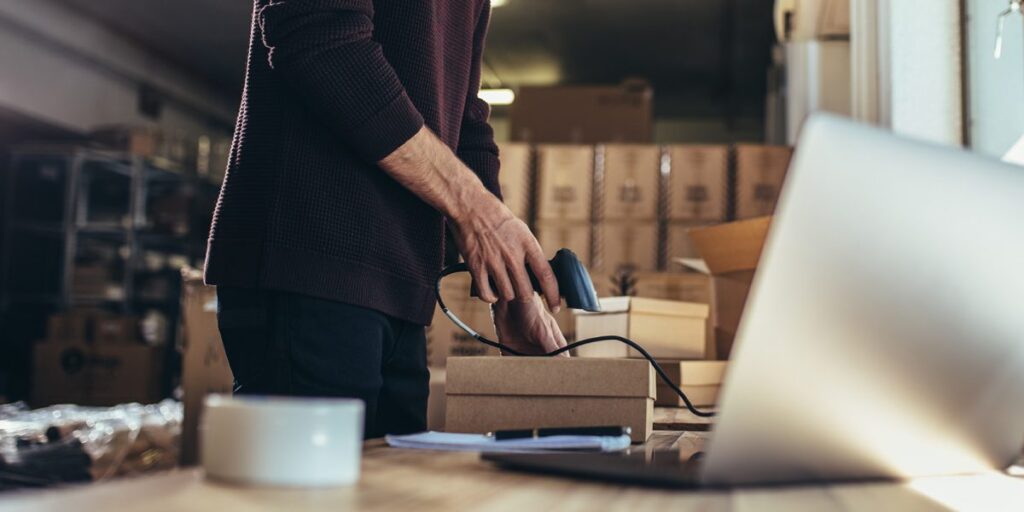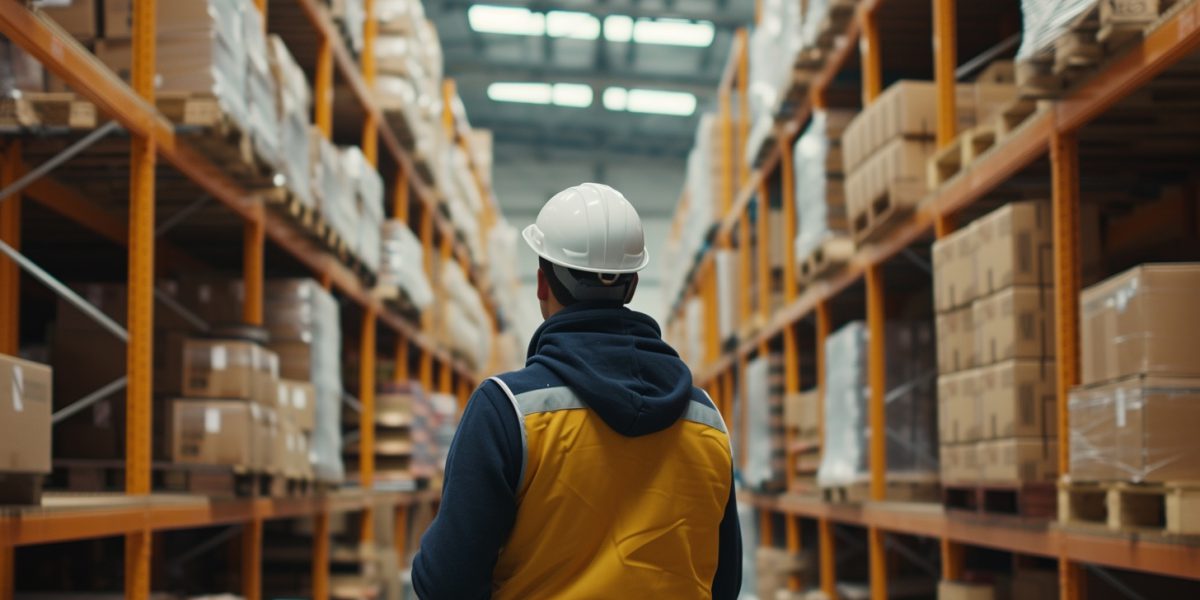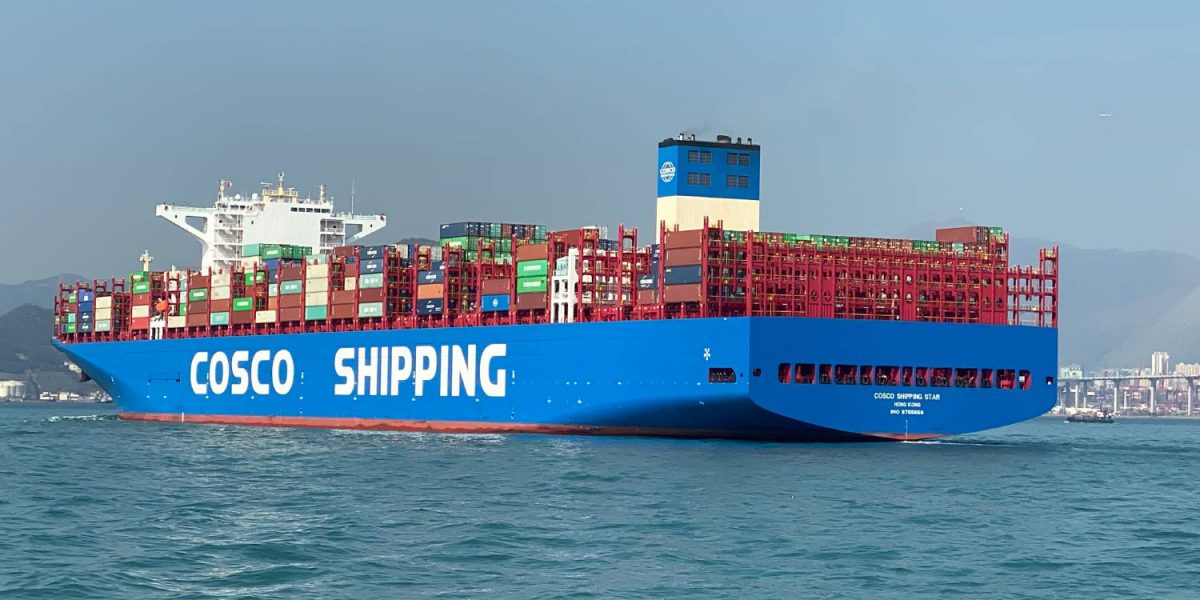
What Is eCommerce Fulfillment?
What Is eCommerce Fulfillment?
The concept of eCommerce fulfillment might seem complicated, but it’s rather straightforward. Fulfillment in practice is what can be difficult. eCommerce fulfillment is the entire process between when a customer orders a product and when that product is finally delivered.
This includes all the order processing, inventory storage and warehousing, picking, shipping, and packing boxes, just to name a few. Clearly, this means that the process is extensive, requiring (even for most small companies) more than just one or two go-to people. Fulfillment can instead involve several different departments, employees, or outside companies to get the job done and get it done right.
Common Methods of eCommerce Fulfillment
While we’re on the subject, what does eCommerce fulfillment look like in practice? What are your options to help streamline it and provide top-notch service for your customers? Well, there are a few main ones, such as:
- In-house fulfillment (also known as first-party fulfillment) is a method where everything is done within the immediate company. The business owner and/or their employees take care of it all. They store their product themselves, they pack it up themselves, and they ship it off themselves. No outsourcing here.
- 2PL – 2PL or second party logistics is a fulfillment option that outsources part of the after-order process to an outside entity. It may not be talked about as frequently as in-house or 3PL, but it’s a wonderful option for those who want more control and are small enough to still take care of some basic essentials.
- 3 PL – Perhaps one of the most common choices out there, third party logistics, is when companies outsource a great deal (or all) of their storing, sorting, and shipping needs to a third-party. Allowing for great efficiency and more productive operations, it’s ideal for those who now have a significant customer base.
- 4 PL – 4PLs are a bit of a weird one. This eCommerce fulfillment method is kind of like a packaged deal, offering an entire network of 3PLs for all your supply chain and logistics needs. This means a lot of direct involvement from outside sources, so trust and respect are necessary for a proper partnership.
- 5 PL – Extremely similar to 4PLs, 5PLs are an outsourced option that takes care of your logistic needs. The difference lies in the fact that 5PLs handle multiple clients – potentially even direct competitors. There are advantages to it, but it requires even more trust than 4PLs.
- Drop-Shipping – Still unsure about opting for one of these? Dropshipping might work. This kind of eCommerce fulfillment cuts out some of the middlemen, with manufacturers who produce and ship your product directly




